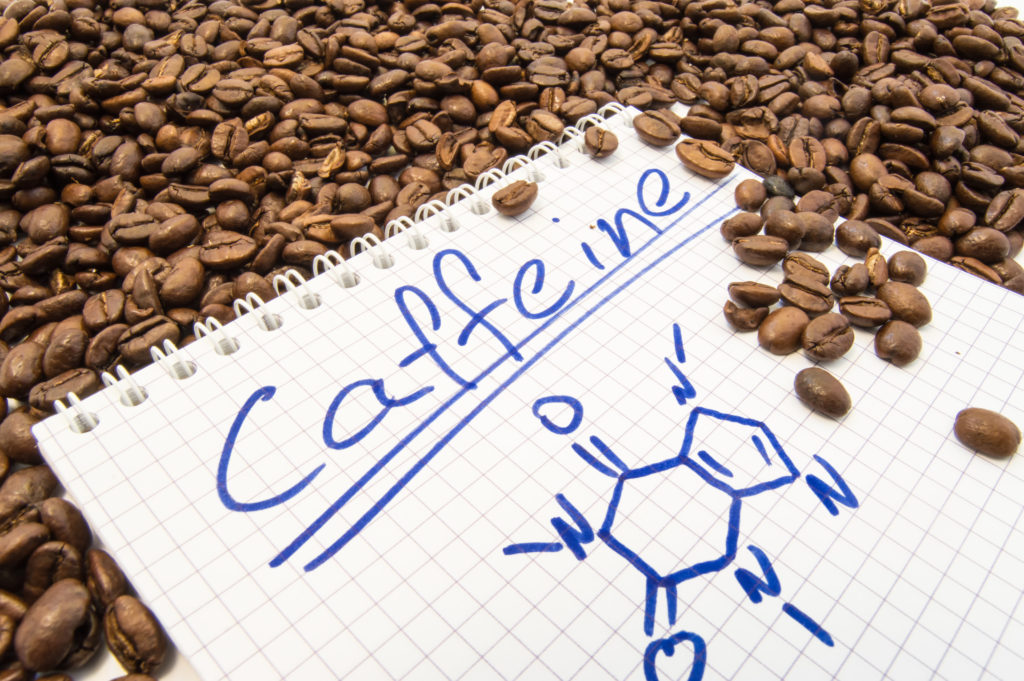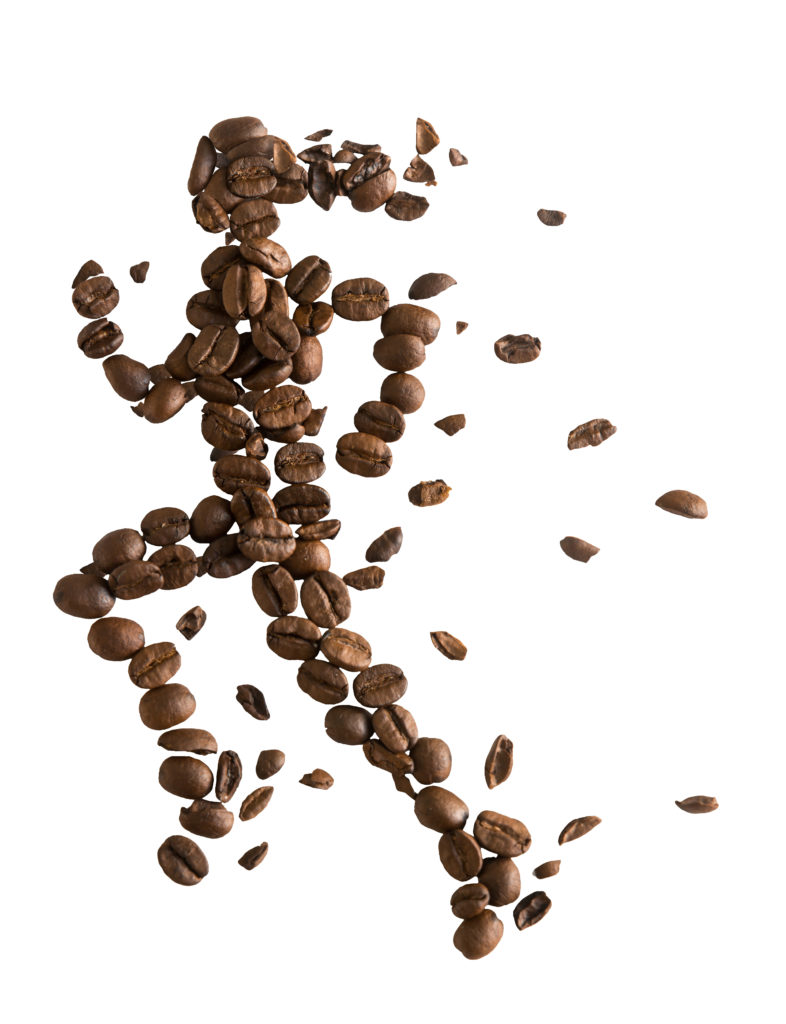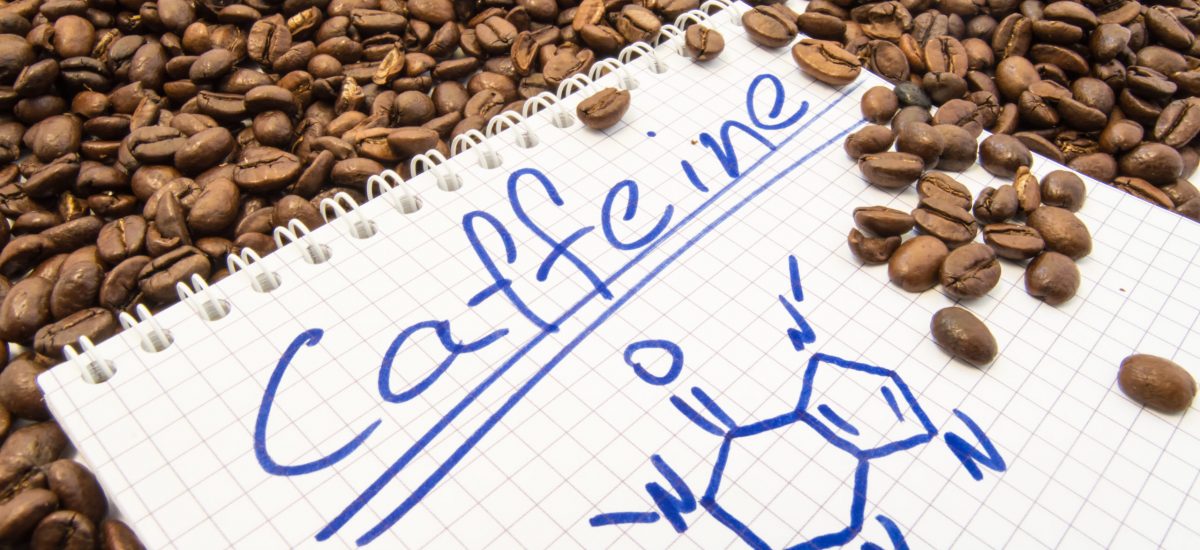How do you start your day?
For most people, caffeine is a morning routine staple. We don’t even think about it – the daily cup of coffee or tea is just a must have when we wake up.
Caffeine may be the most popular drug in the world but if you’re goal is to improve your athletic performance, then you need to understand what it does to your body and know how to use it correctly?
How Much Caffeine Should You Have Per Day?
Most experts agree that 400 milligrams is a safe maximum for healthy adults. To give you an idea of what this looks like
- One cup of brewed coffee contains 100mg.
- One shot of espresso has 63mg.
- One cup of black tea with milk contains 47mg.
- A 12-oz can of Coca Cola has 34mg.
So, most people could in theory, have up to four cups of coffee or eight cups of tea every day. But is this the best idea?!

I usually recommend up to 200mg of caffeine per day, to get the performance-boosting benefits without developing a dependency on caffeine or jeopardizing your sleep quality.
Your optimal caffeine consumption will depend on your sleep/wake cycle, your workout routine, and your own individual tolerance, but here’s how I would advise you use caffeine to supercharge your progress:
Timing Is Key
Caffeine is an “upper” – it increases your alertness, boosts your energy, and by blocking your adenosine receptors, it stops you from falling asleep. If you’ve followed any of my work to date, you’ll know how crucial I believe sleep and recovery and caffeine consumption is often one of the biggest culprits in affecting the quantity and quality of an athlete’s recovery. Therefore, to avoid problems in this area, I advise that you don’t consume and caffeine after 2pm.
Caffeine has a mean half-life of 5 hours for healthy adults. Which means that it will take around 5 hours for your body to eliminate half of the caffeine from your system. So, if you have your last cuppa at 2pm, by 7pm half of it is still in your blood. Even if you work out later in the day, you’d still enjoy the energizing effects of caffeine. But, by 10-11pm, you’d be able to fall asleep as usual, since the amounts in your system will be minimal. Any later and you’re in trouble!
Excessive caffeine consumption can lead to anxiety, jitteriness, and high stress levels. It can send your cortisol and stress levels spiralling out of control which will impact your energy, mood, and waistline.
Cortisol is the body’s stress hormone, your body will produce a certain amount of this naturally, according to its natural circadian rhythm. In most people cortisol levels are highest when you wake and lowest around midnight. When caffeine stimulates the release of cortisol it gives you an extra spike and provides energy and alertness. Have too much though and you’ll crash.
In the long term this can lead to burnout, throwing your hormones off balance and making you store unwanted body fat. Caffeine’s ability to help people stay awake is one if its prized qualities, it inhibits the receptors that facilitate sleep however, consistently doing this can have a huge impact on our recovery and quickly leads us into a cycle of dependency.

Optimising Performance
It’s important to understand that caffeine is absorbed within 45 minutes and plasma levels happen within 15 to 120 minutes from ingestion. So, the best time to have your pre-workout hit is around 20-30 minutes before a session. This ensures you’ll get the highest levels of caffeine when you need them most.
But what do you choose?
First things first, avoid energy drinks. Yes, they may be marketed towards athletes, but they’ll do more damage than good to your progress. The high sugar content spikes up your insulin and will make it harder to shed fat. The sugar also slows down fluid reabsorption in your gut, increasing the risk of dehydration.
In addition, some drinks will contain up to 1,200 milligrams of caffeine – four times the recommended daily amount, enough to put your sleep schedule way out-of-whack!
Be mindful that ultimately, caffeine is a drug that can become highly addictive. It triggers brain chemicals in the same way that cocaine and amphetamines do, which means that it may lead to physical or psychological dependency in high doses. So please ensure you always maintain a healthy relationship with coffee.
I would suggest that you don’t reach for a cuppa first thing in the morning, ideally limit yourself to one to two shots at around 10am, your body naturally spikes cortisol first thing in the morning, so it makes more sense to have your cup of coffee after those levels have settled down in the morning and follow it up with an additional midday dose to fuel your lunch time workout.
Maximising your Caffeine Consumption
- Don’t start your day with a caffeine hit.
- Wait until around 10am as your cortisol levels start to drop.
- Give your workout an extra boost by consuming caffeine 20-30 minutes before training.
- Follow the “2 Before 2 Rule” a maximum of 2 cups of coffee per day to be consumed before 2pm.
- Be in control of your caffeine consumption, don’t let it control you.
Enjoy!




